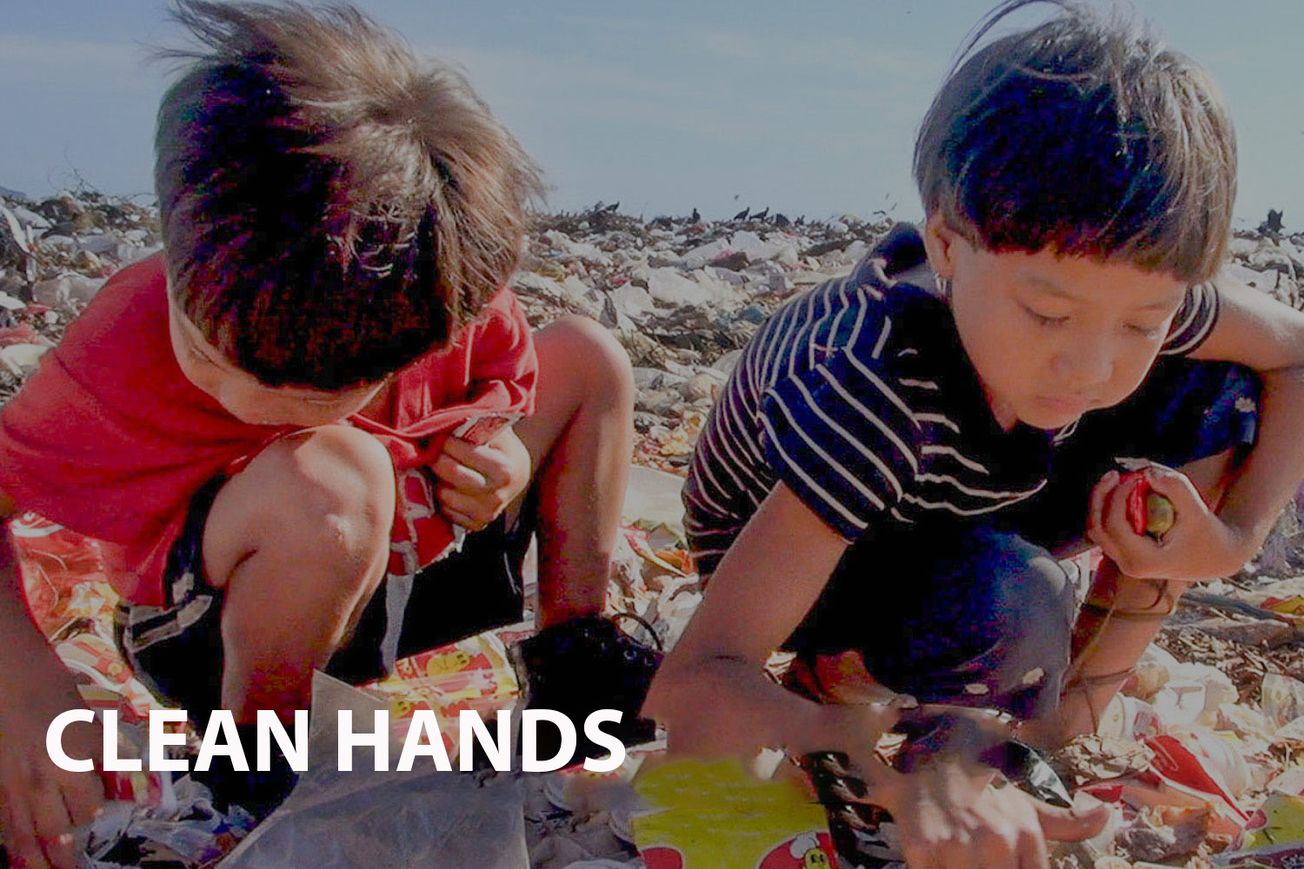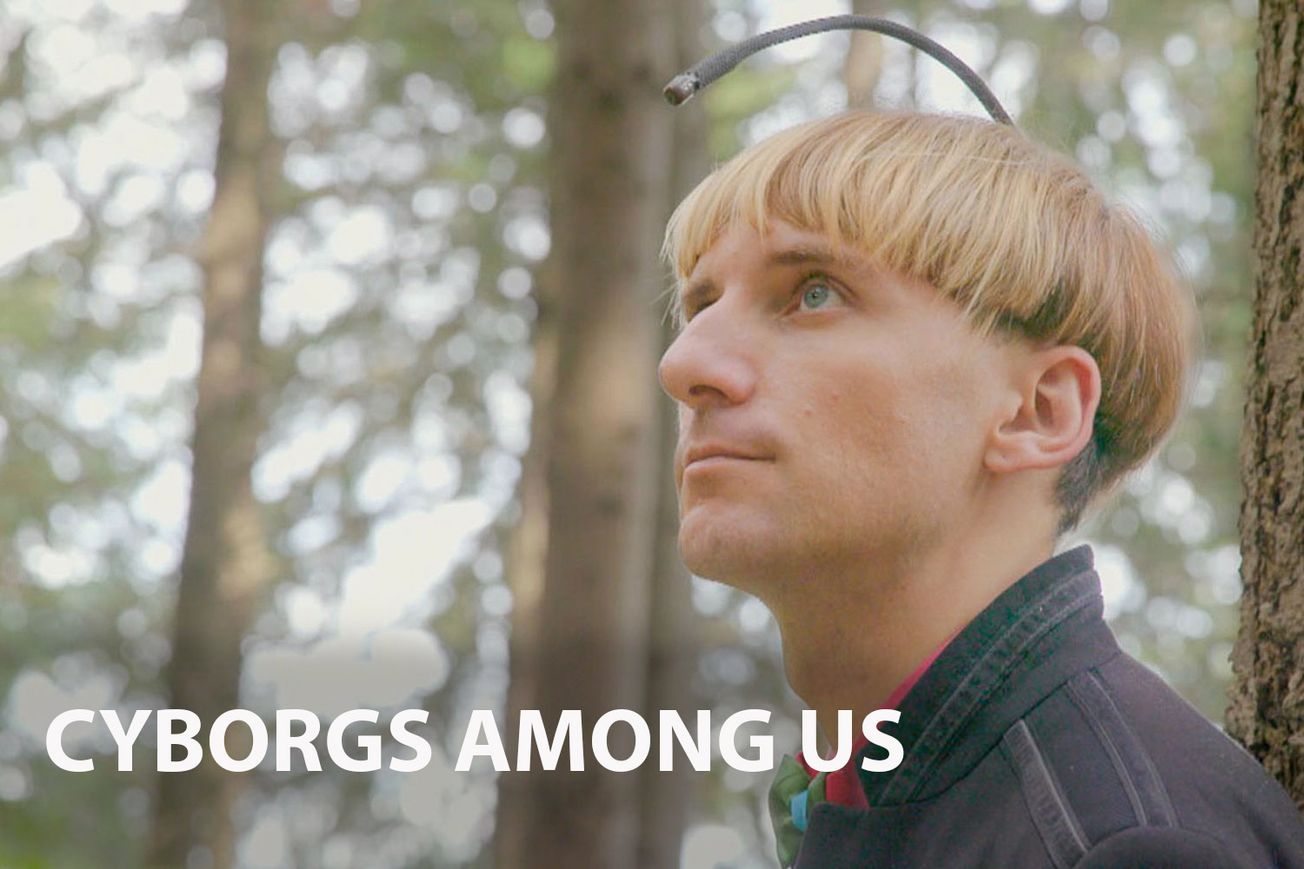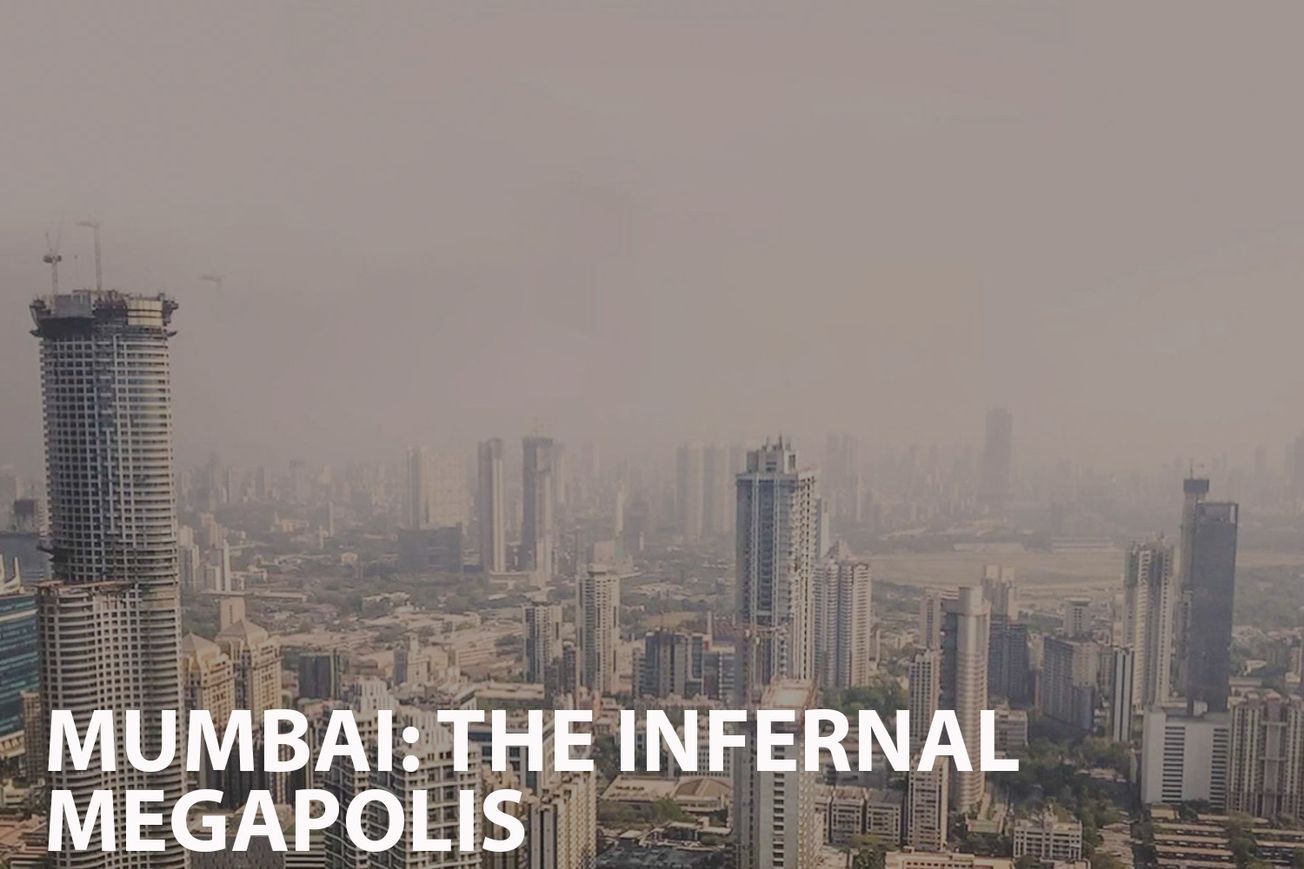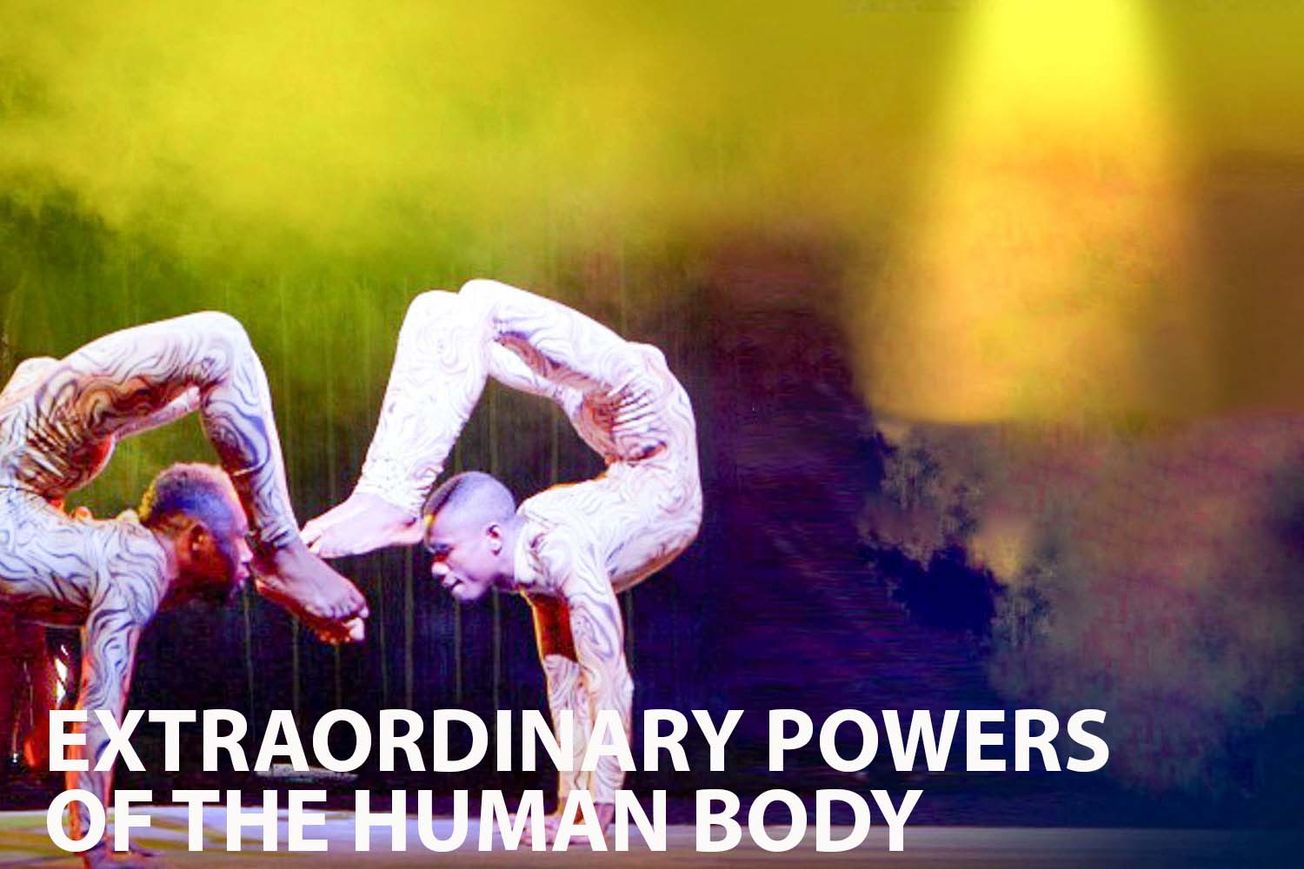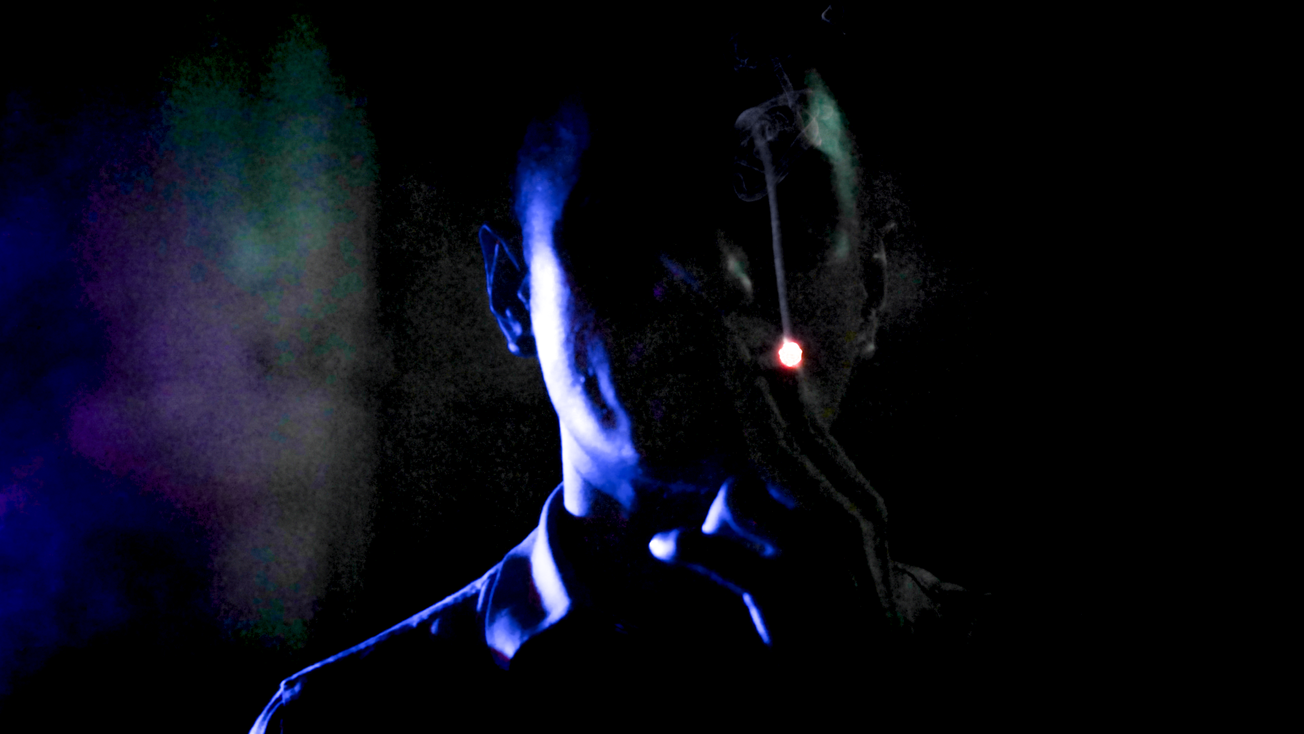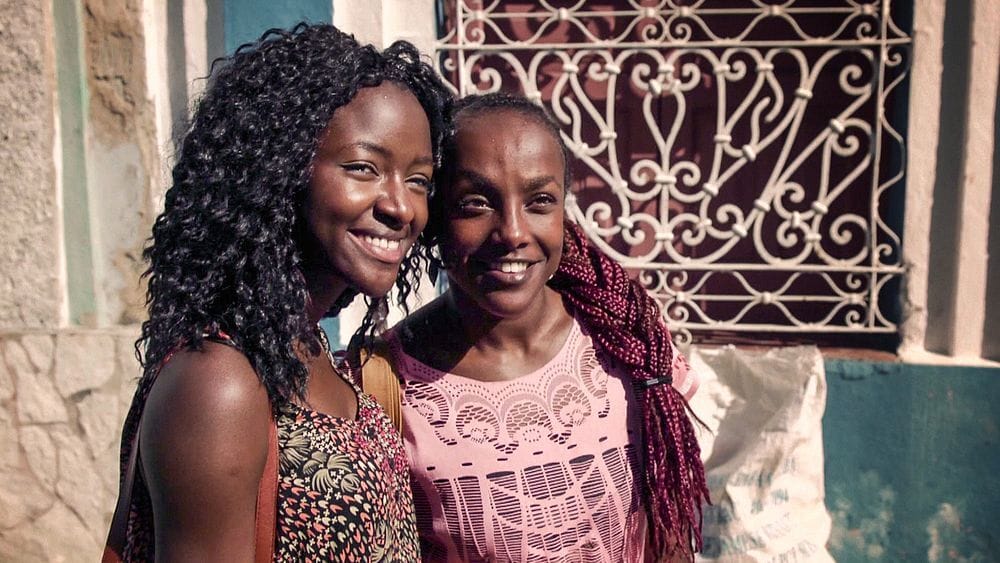Keywords: Nicaragua, Poverty, Resilience, Systemic Issues, Lopez Family, Documentary
Introduction:
"Clean Hands," a compelling documentary directed by Michael Dominic and released in 2019, offers an intimate glimpse into the harsh realities of poverty in Nicaragua. The film follows the Lopez family over seven years, providing a raw and unfiltered portrayal of their struggles and resilience. In a world where over 700 million people live below the poverty line, this documentary strikes a chord with its relevance and urgency.
Synopsis:
"Clean Hands" documents the daily lives of the Lopez family as they navigate life in La Chureca, Central America's largest garbage dump. Despite the grim circumstances, the family showcases remarkable strength and hope, transforming their struggles into a story of resilience and survival.
More film analysis
Analysis:
Honeyland adopts an observational approach, providing an unfiltered glimpse into the life of Muratova. The documentary stands out for its authentic portrayal, profound research, and the depth of exploration into the subject. The presentation style is visually stunning, effectively capturing the raw beauty of the landscape and the simplicity of Muratova's life.
Historical and Factual Context:
Beekeeping has a long history in North Macedonia, and Honeyland offers a look into this traditional practice, which is now on the brink of extinction due to modern farming methods.
Key themes in the film:
- Resilience in the face of adversity
- The human cost of systemic poverty
- The power of hope and family bonds
- The need for socio-economic reforms
Film Comparisons:
Unlike other poverty-focused films on iWonder, "Clean Hands" offers an intimate, long-term documentation of a single family's experience. While other documentaries might focus on systemic issues or broader social impacts, "Clean Hands" provides a close-up, personal perspective.
Noteworthy Moments:
The family's relocation from the garbage dump to a government housing project is a significant moment, marking a shift in their circumstances.
Reviews:
"Clean Hands" received high praise from audiences and critics alike, with an impressive IMDB score of 8.4. Specific quotes are not provided here to avoid spoilers.
Conclusion:
"Clean Hands" is a powerful documentary that humanizes the harsh realities of poverty. It's a must-watch for those interested in social issues, human resilience, and global equality.
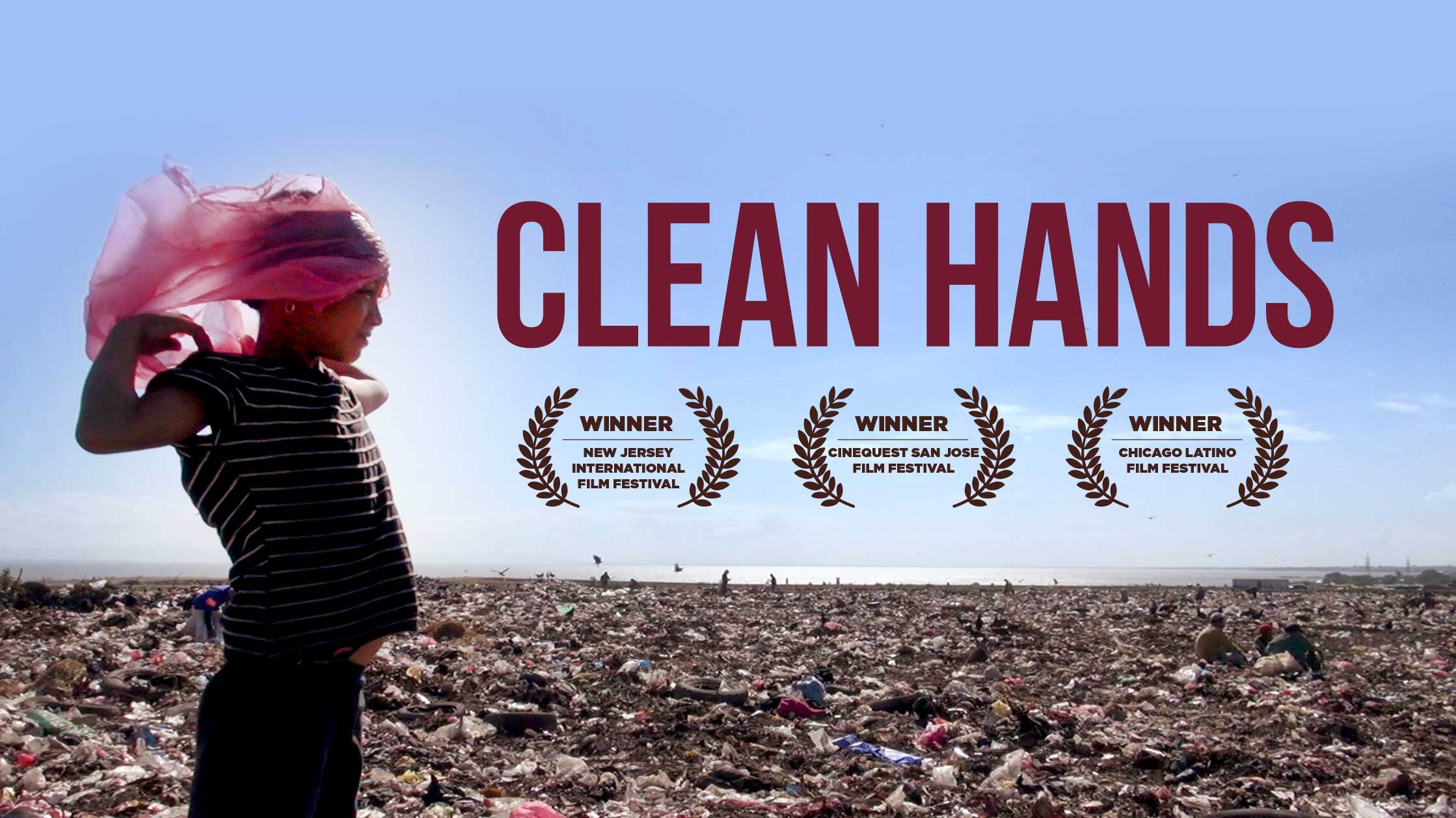
More film information
Awards: 12 wins: New York Latino Film Festival, New Jersey International Festival, Chicago Latino Film Festival, San Diego Latino Film Festival,
PERSONALITIES:
The Lopez Family: A family of six living in extreme poverty in Nicaragua. Their resilience and unity form the crux of the documentary.
LOCATIONS:
La Chureca, Nicaragua: Central America's largest garbage dump, where the Lopez family initially resides.
Government Housing Projects: The family's new home, marking a significant change in their circumstances.
Links for further exploration
- World Bank Data on Poverty: https://www.worldbank.org/en/topic/poverty
- UNESCO Education in Nicaragua: https://en.unesco.org/countries/nicaragua
Key Questions Raised by the Film:
What measures can be taken to improve living conditions in impoverished regions?
I wonder what the film would be in another art form:
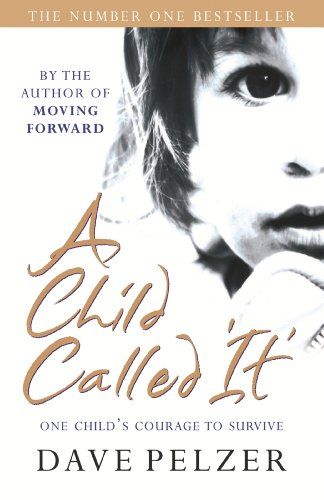


Book: "A Child Called 'It'" by Dave Pelzer - Both depict resilience in harsh conditions.
Song: "Man in the Mirror" by Michael Jackson - Both inspire change.
Art: Picasso's "The Weeping Woman" - Both portray pain and suffering.
Celebrity: Oprah Winfrey - Both showcase triumph over adversity.
Colour: Gray - Representing the bleak reality of poverty.
Music Style: Blues - Both share themes of struggle and survival.
